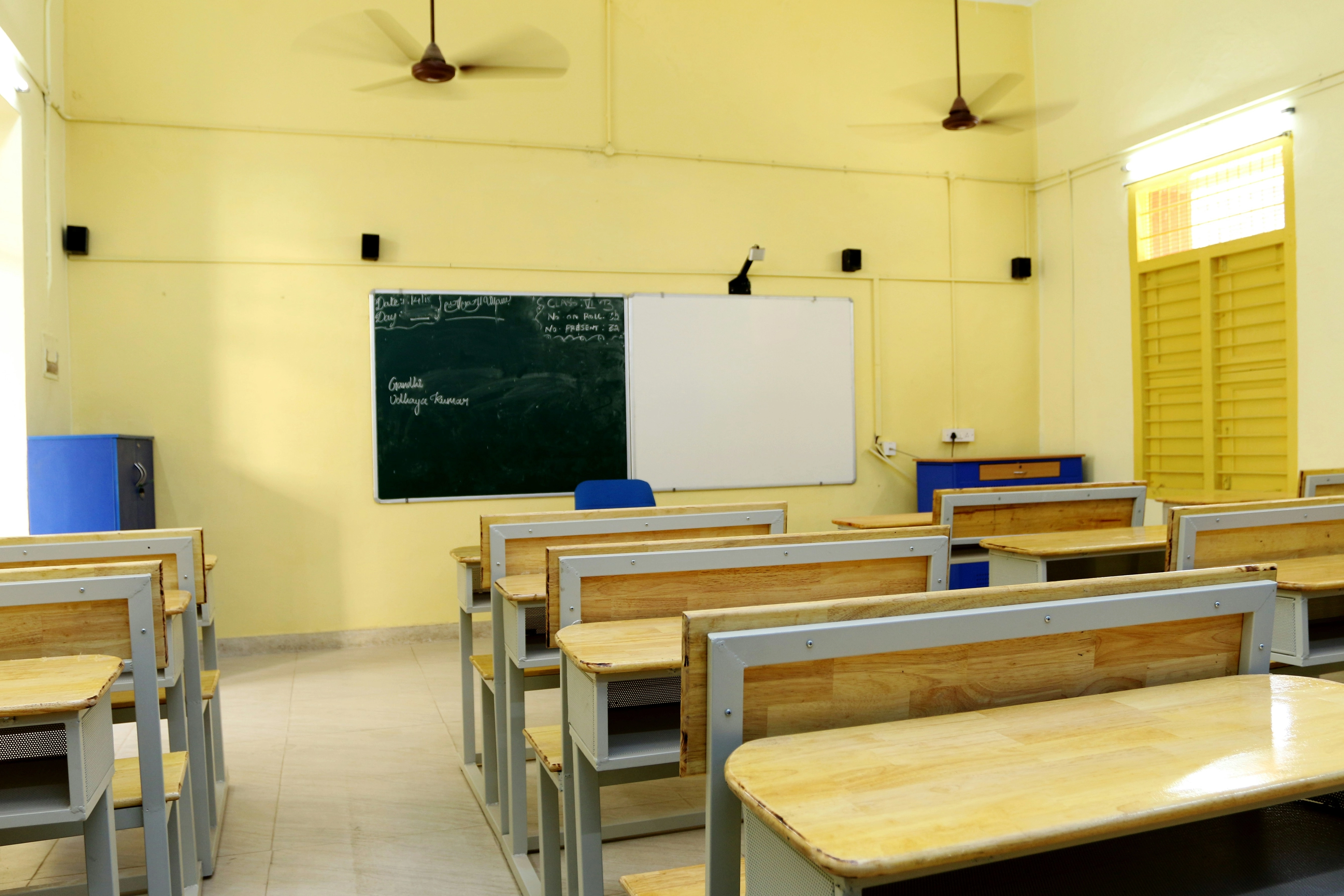According to a recent report from the United Nations, a staggering 15 million primary-age girls around the world are currently out of school. This alarming statistic highlights the persistent barriers that girls face in accessing education, which is crucial for their personal development and empowerment. The report sheds light on various factors contributing to this situation, including poverty, cultural norms, and inadequate infrastructure. In many regions, families prioritize boys’ education over girls’, leading to a significant gender gap in schooling and opportunities.
The implications of millions of girls being denied an education are profound. Education is not just a fundamental human right; it is also a pathway to economic stability and social progress. Educated women are more likely to participate in the workforce, contribute to their communities, and make informed choices about their health and well-being. The UN report underscores that investing in girls’ education can yield substantial returns, not only for the girls themselves but also for their families, communities, and nations. Educated girls are more likely to break the cycle of poverty, leading to improved health outcomes and better prospects for future generations.
In response to this crisis, the international community must take urgent action. Governments, NGOs, and educational institutions need to collaborate to create supportive environments that encourage girls to stay in school. This includes providing financial incentives for families, improving school infrastructure, and addressing cultural barriers that hinder girls’ education. Furthermore, initiatives that promote gender equality and empower women can play a pivotal role in changing perceptions and ensuring that girls have equal access to educational opportunities.
The UN report serves as a clarion call for urgent intervention to address the educational disparities faced by girls worldwide. It emphasizes that the time to act is now, as the consequences of inaction are far-reaching. By prioritizing girls’ education, we can pave the way for a more equitable and prosperous future for all, where every girl has the opportunity to learn, grow, and thrive. The empowerment of girls through education is not just a moral imperative; it is essential for achieving sustainable development goals and fostering a more just and inclusive society.




